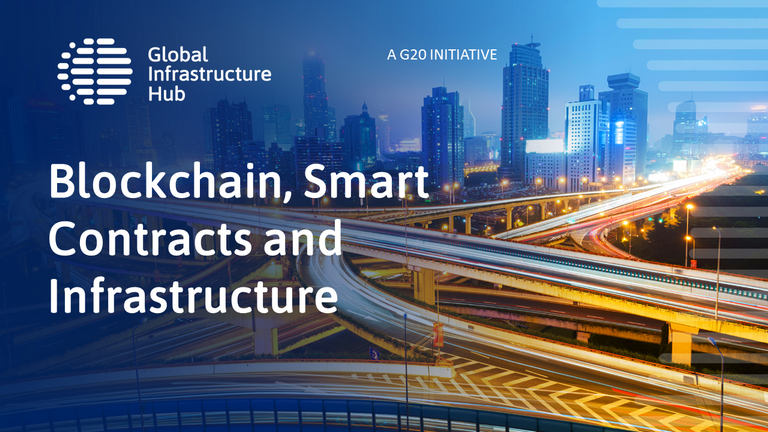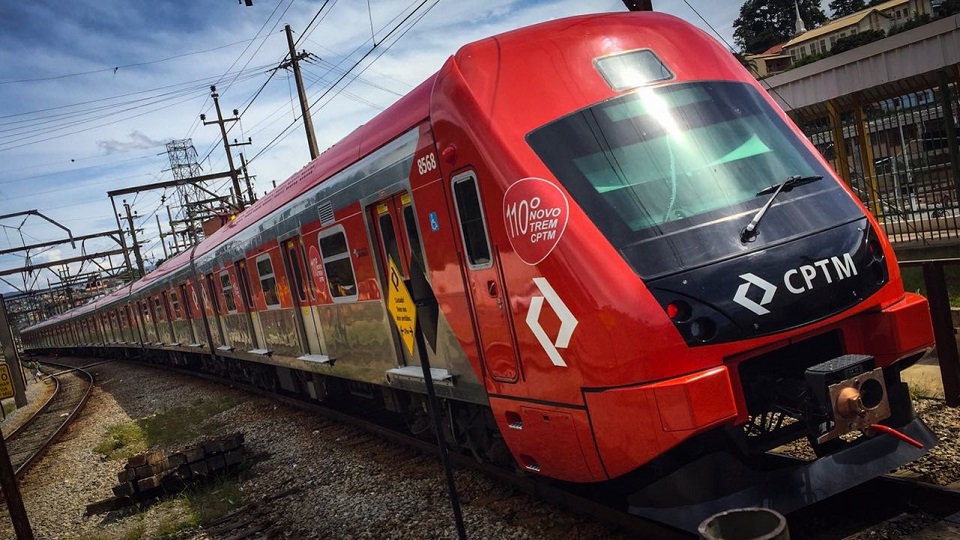746 results found
Featured results



More results

The interest generated by the role of PPP in the implementation of the Sustainable Development Goals (SDGs) is considerable.


Public Investment Management Assessment (PIMA) is a comprehensive assessment framework developed by the IMF to help countries strengthen public investment management practices.

Welcome to the first edition in a series of updates that the GI Hub will provide in advance of each G20 Infrastructure Working Group (IWG) meeting. As committed to in the GI Hub’s Strategic Plan 2019-22, and in response to requests made by members of the IWG, these updates will provide both a description of activities undertaken since the last IWG meeting and a preview of upcoming initiatives. For each of the GI Hub products discussed in the update, we will identify the relationship between the product and the workstreams in the IWG Terms of Reference. We hope that you will find these updates informative and, of course, we welcome any questions or feedback.

The IMF's Public Investment Management Assessment (PIMA) framework helps countries evaluate the strength of their PIM practices.



The paper looks at the consequences of Technological disruption in construction for infrastructure-investment managers.


For the second year the conference gathered Brazilians and foreign professionals from the infrastructure public and private sector. The conference focused on the role of privatisation of infrastructure assets, PPPs and Concessions for the next wave of Brazilian infrastructure projects as part of the 20 year infrastructure program 2018 to 2038.
Brazil has become the largest market for public-private partnerships (PPPs) in Latin America, having invested around USD $386 billion in infrastructure from 1990 to 2017

The exercise is part of an annual ranking of the PPP context across countries undertaken by the World Bank group.
In Buenos Aires on 23 March, the G20 Finance Ministers announced that infrastructure would remain a priority for at least the next three years—a very welcome announcement for those in the private sector who have long called for greater global coordination of efforts in this area.
Over the last decade, much has been written about globalisation and how we’re more connected than ever before. In the infrastructure world, we think of connectivity as the “linkages of communities, economies and nations through transport, communications, energy, and water networks across a number of countries” .
Star Ratings provide an evidence-based objective measure of crash risk to ensure that safety is built-in to designs for upgrades and new roads prior to construction.
This report provides a view on the Chongqing area and argues three dimensions of connectivity can be improved: physical (infrastructure) connectivity, digital connectivity, and economic integration with nearby areas, the report then provides a strategy on how to carry this out.










 Blockchain presentation
Blockchain presentation








